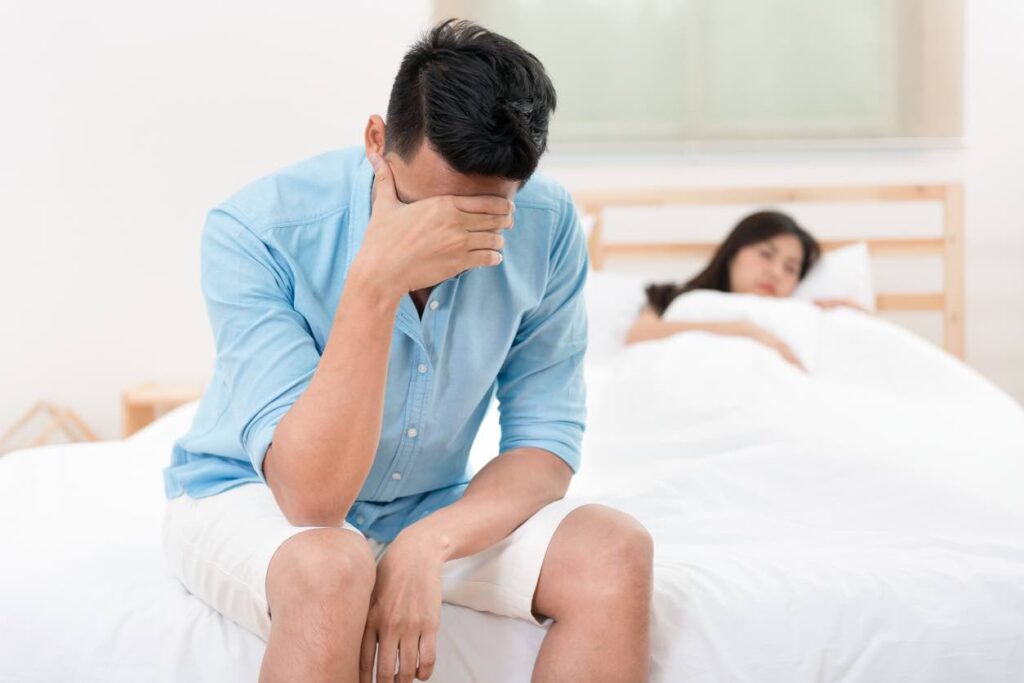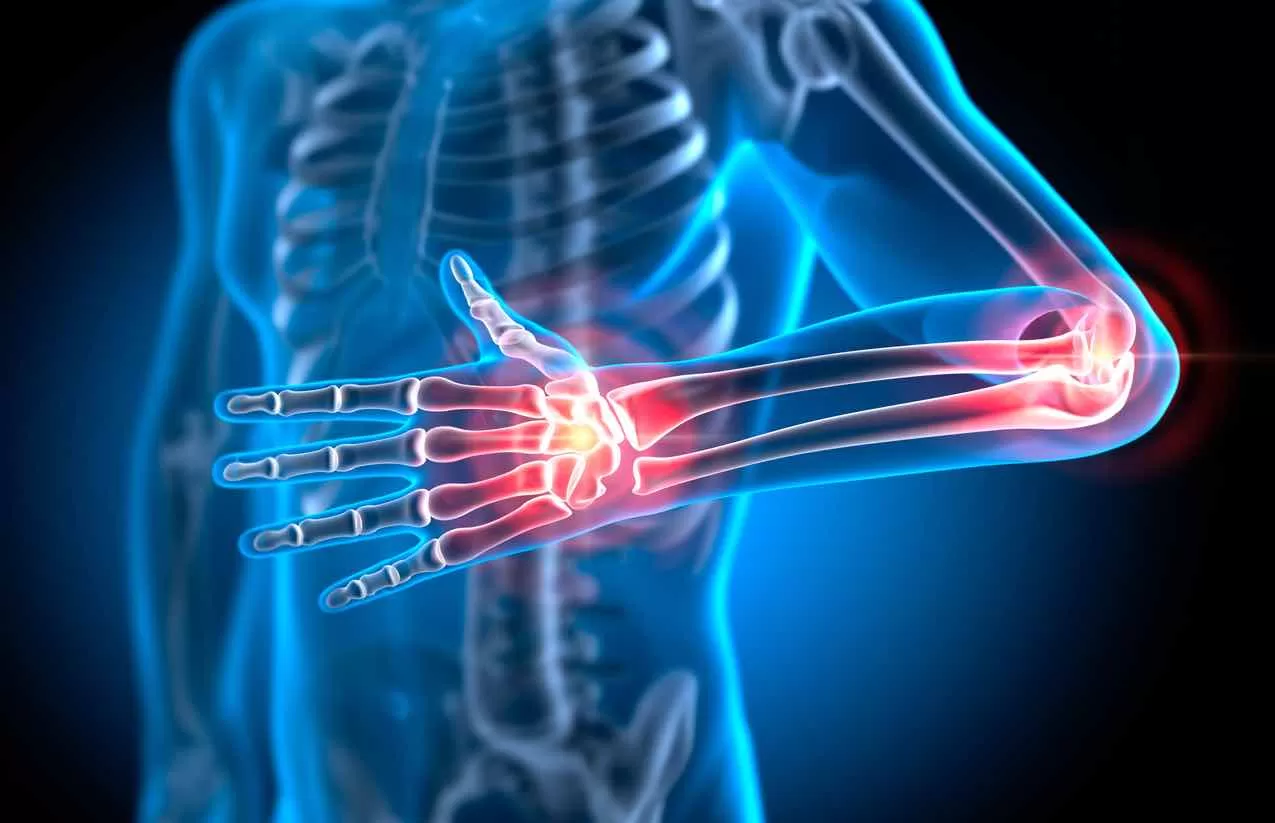Your cart is currently empty!

Low Testosterone Symptoms In Men: #1 Best Natural Solution

Many people are now asking, “what are the Low Testosterone symptoms in men?
Testosterone is often seen as the hormone that defines masculinity, but its role in the body goes far beyond that. It’s a key player in maintaining overall health and well-being for men. However, as men age, testosterone levels naturally decline. This decline can lead to a variety of symptoms and health concerns that are often overlooked or misdiagnosed. In this newsletter, we’ll explore the effects of low testosterone on the male body and why it’s important to pay attention to this critical hormone.
🕒 The Role of Testosterone in the Body
Testosterone is produced primarily in the testicles and plays a crucial role in developing male physical characteristics. But beyond the obvious, testosterone also has a hand in regulating a variety of bodily functions:
- Muscle mass and strength: Testosterone promotes muscle growth and strength, helping men maintain a healthy body composition.
- Bone density: It supports bone strength and reduces the risk of osteoporosis.
- Fat distribution: Testosterone helps regulate body fat distribution, particularly around the abdomen.
- Red blood cell production: This hormone stimulates the production of red blood cells, essential for oxygen transport.
- Sexual function: Testosterone is vital for libido, erectile function, and overall sexual health.
- Mood and cognitive function: It influences mood, energy levels, and mental clarity.
📉 Low Testosterone Symptoms In Men
As testosterone levels decline, often starting as early as the late 20s or early 30s, men may begin to experience a range of physical and emotional symptoms. Here’s a closer look at how low testosterone can impact the male body:
1. Decreased Muscle Mass and Strength
One of the most noticeable effects of low testosterone is a loss of muscle mass and strength. Men may find it harder to build and maintain muscle, even with regular exercise. This loss of muscle mass can lead to a decrease in overall physical performance and an increased risk of injury.
2. Increased Body Fat
Low testosterone is often associated with an increase in body fat, particularly around the abdomen. This type of fat accumulation is not only aesthetically concerning but also increases the risk of metabolic disorders such as diabetes and cardiovascular disease.
3. Weaker Bones
Testosterone plays a critical role in maintaining bone density. As levels drop, bones can become weaker and more prone to fractures. This is particularly concerning for older men, as osteoporosis can lead to severe health complications.
4. Reduced Libido and Sexual Function
A decline in testosterone levels can lead to a reduced sex drive, erectile dysfunction, and other sexual health issues. This can have a significant impact on a man’s quality of life and relationships, often leading to feelings of frustration and depression.
5. Mood Swings and Mental Health Issues
Testosterone isn’t just about physical health; it also affects mental well-being. Low levels of testosterone have been linked to mood swings, irritability, depression, and anxiety. Men may also experience a decline in cognitive function, including problems with memory and concentration.
6. Fatigue and Low Energy Levels
Chronic fatigue and a general lack of energy are common complaints among men with low testosterone. This can make it difficult to stay active and engaged in daily life, leading to a cycle of inactivity and further health decline.
💡 What Causes Low Testosterone?
Several factors can contribute to low testosterone levels, including:
- Aging: Natural decline begins in the late 20s and continues throughout life.
- Obesity: Excess body fat can lead to lower testosterone levels.
- Chronic illness: Conditions like diabetes, liver disease, and sleep apnea can contribute to low testosterone.
- Medications: Certain medications, particularly steroids and opioids, can reduce testosterone production.
- Stress: Chronic stress elevates cortisol levels, which can inhibit testosterone production.
🌟 Addressing Low Testosterone Symptoms In Men: What Can You Do?
If you’re experiencing symptoms of low testosterone, it’s essential to consult with a healthcare provider. They may recommend lifestyle changes, such as:
- Exercise: Regular strength training can help boost testosterone levels.
- Healthy diet: A diet rich in healthy fats, lean protein, and whole grains supports hormone production.
- Stress management: Techniques such as meditation and deep breathing can help reduce cortisol levels.
- Adequate sleep: Ensuring you get enough sleep is crucial for maintaining hormone balance.
In some cases, testosterone replacement therapy (TRT) may be prescribed, but it’s essential to discuss the risks and benefits with a healthcare provider.
🌿 Natural Support for Testosterone Levels
At Advanced Body Foods, we believe in the power of nature to support your body’s natural functions. Our all-natural superfood supplements are designed to help men maintain healthy testosterone levels, supporting overall vitality and well-being. Packed with ingredients like pine pollen, Horny Goat Weed, and other potent botanicals, our supplements provide a natural way to enhance testosterone and support your body’s needs.
👊 Take Charge of Your Health
Understanding the effects of low testosterone is the first step in taking charge of your health. Don’t let low testosterone hold you back from living life to the fullest. Explore our range of natural supplements and start your journey to better health today!

3 responses to “Low Testosterone Symptoms In Men: #1 Best Natural Solution”
[…] solution that works in harmony with your body’s natural processes to enhance libido, fight Low T and overall vitality. Whether you’re looking to reignite your passion or simply maintain a […]
[…] vitality. One of the most significant challenges for men, especially as they age, is maintaining healthy testosterone levels. Testosterone is the hormone that fuels energy, muscle growth, confidence, libido, and […]
[…] 40s and beyond, declining hormone levels—particularly testosterone—can lead to a noticeable drop in vitality, manifesting as fatigue, reduced libido, mood swings, and decreased muscle […]
Search
Popular Posts
Green Tea Supplement Power: Burn Fat, Boost Energy & Balance Hormones Naturally 🌱
Looking for the best Green Tea Supplement? When you think of “green,” you probably imagine lush forests, fresh vegetables, or the vibrant leaves of spring. But in the world of natural health and healing, green is more than just a color—it’s a symbol of life, renewal, and powerful transformation. At Advanced Body Foods, we’ve taken…
Supplements for Pain Relief | Say Goodbye to Pain Naturally
Looking for natural supplements for pain relief and alternative to synthetic pain killer and muscle relaxers? At Advanced Body Foods, we believe nature holds the key to powerful pain relief. That’s why we created Pain Pollen, a superfood supplement blend designed to alleviate daily aches, joint discomfort, and chronic pain—all without synthetic pills or harmful additives. The…
Buy Pine Pollen in New York: Unlock Peak Performance Supplements
Looking to Buy Pine Pollen in New York? New York is the city that never sleeps, and to thrive here, you need to bring your A-game every second of the day. From the morning hustle to late-night networking, every moment counts—and your energy levels, focus, and stamina must keep up. Imagine having a secret weapon…
Categories
Archives
Tags
#1 pain relief product (7) #1 Solution to testosterone (14) #1 testosterone booster (9) Advanced Body Foods (126) Advanced Body Foods Coffee Supplements (12) Advanced Body Foods Honey Powder (8) advanced body foods pain pollen (10) advanced body foods pine pollen (19) Advanced Body Foods Supplements (11) advanced body foods testosterone pollen (20) Advanced Body Foods Weight Loss (12) alkaline foods (10) arthritis and pain (7) boost testosterone naturally (9) Curcumin (7) enhance testosterone (8) enhance testosterone naturally (7) hormone balance (13) Hormone Fuel (7) natural pain relief (10) natural weight loss (7) natural weight loss supplements (7) Pain Pollen (10) pain relief (12) Performance (10) Performance Pollen (7) Pine Pollen (130) Pine Pollen and antiaging (16) pine pollen and antioxidants (16) pine pollen and digestive health (12) pine pollen and energy (9) Pine Pollen for Hormone Balance (35) pine pollen for weight loss (8) pine pollen supplement (8) pine pollen supplements (93) Superfood Supplements (98) supplements for energy (21) supplements for hormone balance (23) testosterone (19) testosterone pollen (12) turmeric and black pepper (7) turmeric for joint pain (8) Turmeric Supplement (9) weight loss (39) weight loss pollen (11)




Leave a Reply